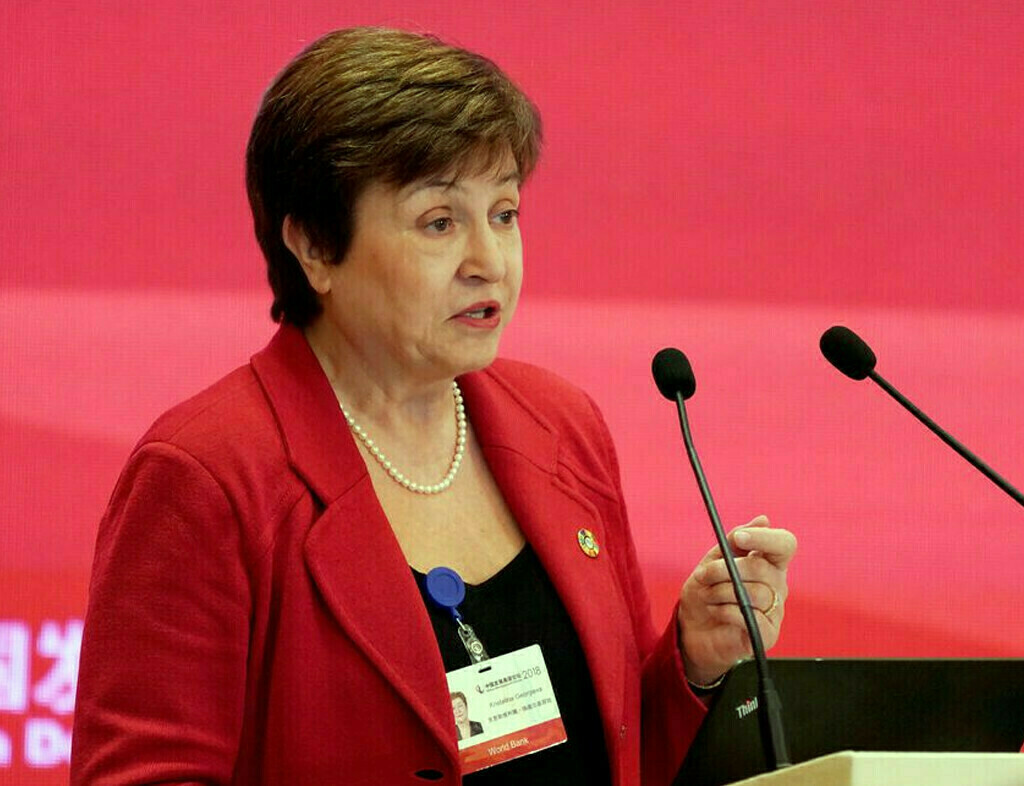Inflation is showing signs of easing faster than initially anticipated, but International Monetary Fund (IMF) chief Kristalina Georgieva emphasized on Thursday that the battle against inflation is not yet won. She urged central bankers to carefully assess their decisions regarding interest rate cuts based on incoming data.
Georgieva highlighted that headline inflation for advanced economies dropped to 2.3% in the final quarter of 2023, down significantly from 9.5% 18 months ago, with expectations for further decline in 2024. This sets the stage for major advanced economies’ central banks to potentially begin reducing rates in the latter half of the year, although the timing and pace will vary, she mentioned at an event hosted by the Atlantic Council think tank.
She stressed the importance of central banks maintaining their independence during this crucial period and cautioned against premature rate cuts, which could lead to unforeseen inflation surprises requiring further monetary tightening. Conversely, delaying rate adjustments excessively could dampen economic activity, she added.
Georgieva also previewed next week’s World Economic Outlook, indicating marginally stronger global growth due to robust activity in the United States and many emerging markets. However, she refrained from providing specific new forecasts. Despite positive indicators such as strong labor markets, expanding labor force, and improved household consumption, she warned of ongoing challenges.
The IMF chief noted the global economy’s resilience amid geopolitical tensions and highlighted the risks associated with an uncertain environment. She pointed out that global activity remains weak compared to historical standards, with growth prospects slowing since the 2008-2009 financial crisis. The pandemic has exacerbated this, causing a global output loss of $3.3 trillion, disproportionately affecting vulnerable countries.
Georgieva underscored the varied economic trajectories among advanced and emerging economies, emphasizing the need for foundational reforms to spur growth. Strengthening governance, reducing bureaucratic hurdles, and promoting female labor market participation could significantly boost output, she suggested. Additionally, she advocated for policies supporting economic transformation, including green and digital initiatives, which offer substantial investment, job, and growth opportunities.
Addressing the potential impact of artificial intelligence (AI), Georgieva cited an IMF study indicating significant job disruptions globally, highlighting the importance of proactive measures to mitigate risks and harness AI’s benefits for sustainable economic development.




